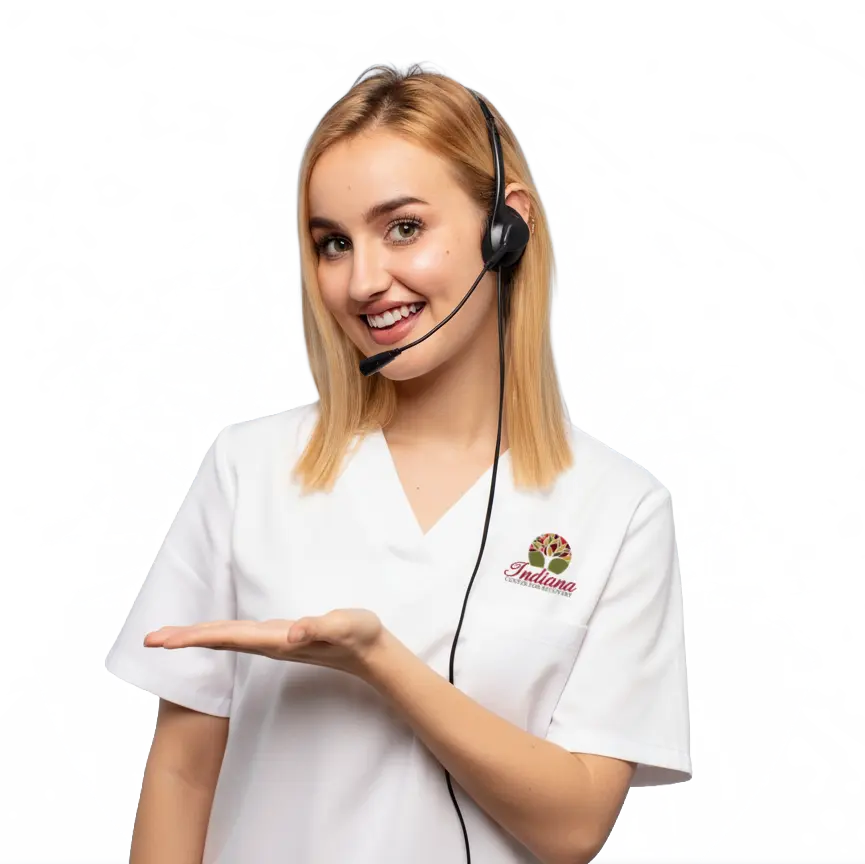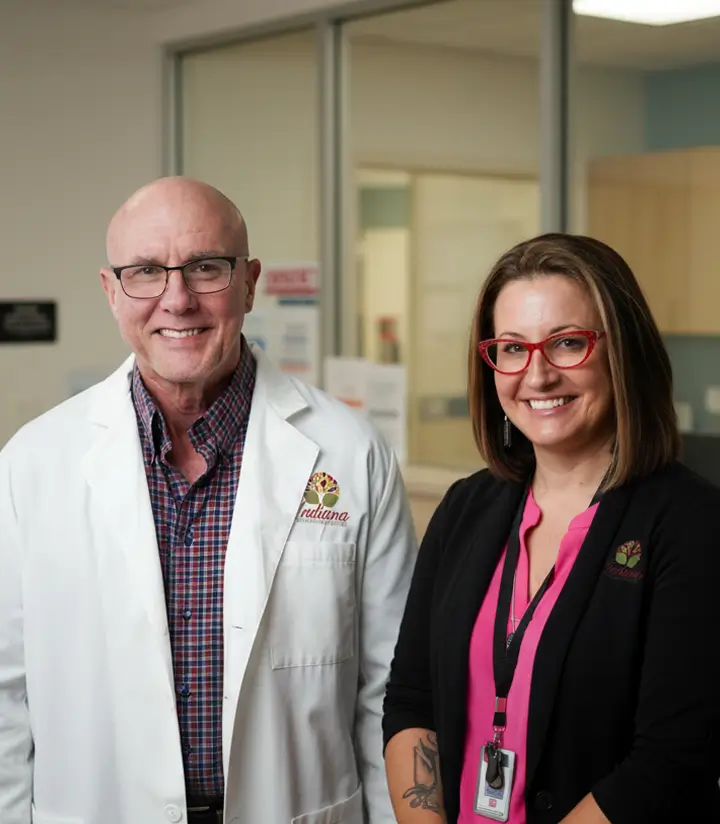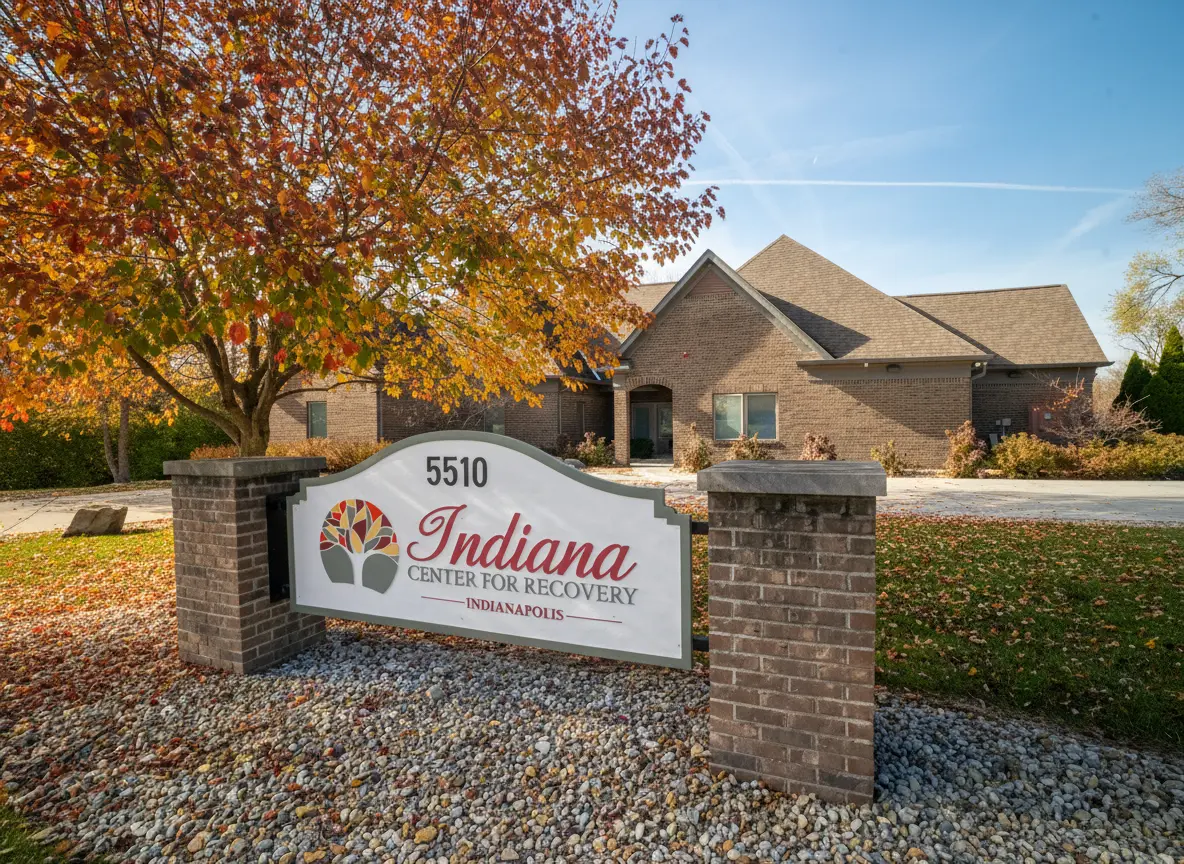
100 Interactive Activities For Mental Health And Substance Abuse Recovery
Engaging in interactive activities can be a powerful tool for healing and growth in the journey toward mental health and substance abuse recovery. These activities provide a constructive outlet for emotions, foster community, and promote well-being.
Whether you’re just starting or looking to maintain your progress, these interactive activities offer various options to help you find what works best. Dive in, explore, and discover broad categories of activities to support your holistic recovery journey.
Key Takeaways
Engaging in interactive activities supports mental health and substance use recovery by providing useful channels. Here’s what you need to know:
- Interactive activities are key in managing symptoms and rebuilding relationships during recovery.
- These activities are constructive channels for emotions and distractions from negative thoughts and cravings.
- Engaging in interactive activities is important for fostering healing and growth during recovery.
Ready to start your journey to mental health or addiction recovery? Call Indiana Center for Recovery at (844) 650-0064 today.
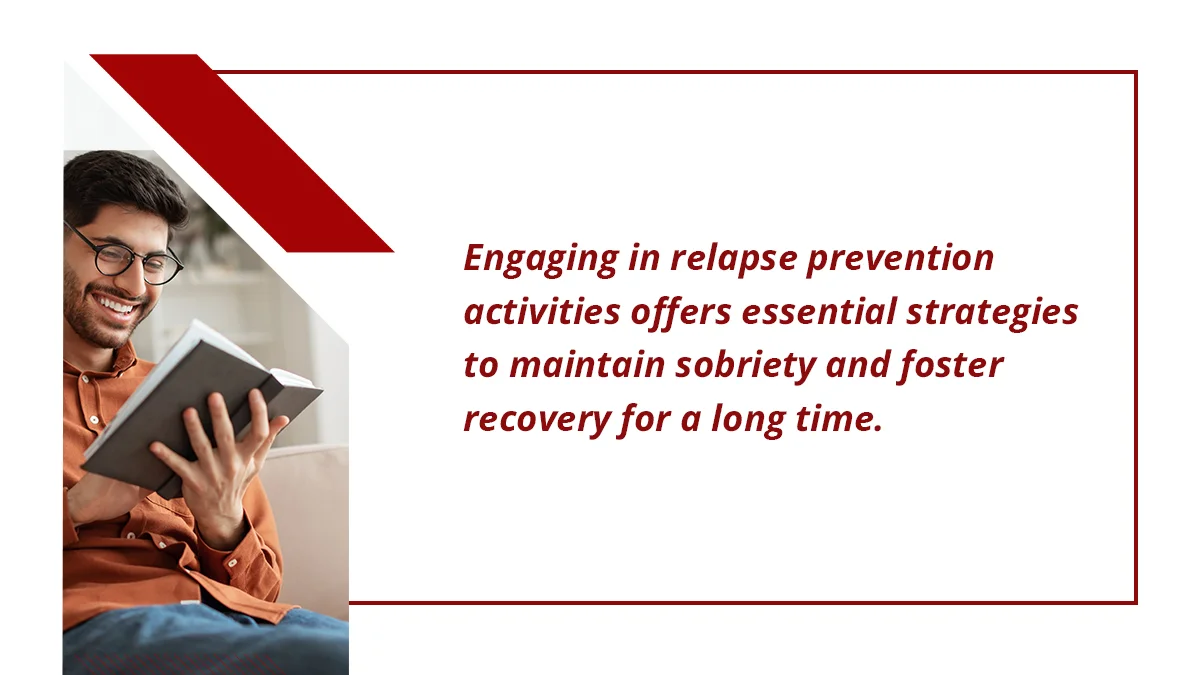
Importance Of Interactive Activities In Recovery
Recovery is not just about overcoming the instant challenges posed by mental illness or addiction but also about building a fulfilling and resilient life. It involves healing from the negative result of traumatic experiences, learning to manage symptoms, and rebuilding relationships.
Interactive activities play a vital role in the recovery process for both psychological health and substance use disorder (SUD). These activities provide meaningful ways to engage the mind and body, offering a distraction from sadness, negative thoughts, and cravings.
By participating in activities in different groups, individuals can discover new interests and cultivate a balanced lifestyle that supports long-term recovery.
Physical Activities
Regular physical exercise can improve mood, reduce depression and anxiety, and enhance self-esteem. Here are some beneficial physical activities to consider:
- Yoga and meditation
- Tai chi or Qi Gong
- Building stamina and clearing the mind
- Dance Therapy
- Swimming
- Cycling
- Martial arts
- Hiking
- Strength training or building muscle
Each activity offers unique benefits and can be tailored to fit individual preferences.
Creative Arts And Crafts
Creative pursuits can help individuals explore their feelings through different things. Here’s a closer look at some key areas within creative arts and crafts:
- Art therapy
- Playing soothing instruments
- Creative writing and journaling
- Building handmade items
- Knitting and crocheting
- Photography
- Sculpting or forming shapes
- Poetry writing
- Model building and woodworking
- Origami
Each activity allows individuals to explore their creativity and prevent self-defeating behaviors.
Social And Group Activities
Participating in group settings allows individuals to share their experiences, which is essential for long-term recovery. Here are some engaging activities:
- Support groups
- Joining group counseling sessions
- Peer mentorship programs
- Playing interactive question cards in large groups
- Participating in book clubs
- Outdoor group activities
- Engaging in team sports
- Attending cooking classes
- Attending community theater
- Cultural competency workshops
These activities promote personal healing in group participants and nurture a supportive community.
Nature-Based Activities
Nature-based activities foster a connection with the natural world, promoting healing. Here, we explore some:
- Gardening therapy
- Nature walks and hikes
- Animal-assisted therapy
- Beach meditation
- Forest bathing
- Wildlife observation
- Campfire gatherings
- Nature art workshops
- Kayaking or Canoeing
- Geocaching
Each activity offers a pathway to recovery, encouraging participants to explore new avenues of healing.
Mindfulness And Relaxation Techniques
Mindfulness practices are innovative techniques for promoting positive behavioral changes and reducing disappointments during recovery. Here are some beneficial activities:
- Guided imagery or visualizing peaceful scenes
- Progressive muscle relaxation
- Mindfulness meditation
- Breathing exercises
- Aromatherapy or essential oil relaxation
- Positive memory activities
- Reading self-help books
- Self-development exercises
- Body scan meditation
- Sensory therapy
These activities are designed to cultivate mindfulness, reduce anxiety, and support emotional well-being.
Technology-Based Activities
Technology-based activities offer accessible and a great way to improve mental health and substance abuse recovery issues. Here’s a structured list of resources for technology-based activities:
- Virtual reality therapy
- Mental health apps
- Online support groups
- Interactive meditation apps
- Digital journaling platforms
- Biofeedback devices
- Virtual fitness classes
- Online recovery coaching
- Virtual reality exposure therapy
- Social media support networks
Explore these innovative tools to empower your journey toward healing and happiness.
Nutritional And Culinary Activities
Nutritional and culinary activities cultivate motivation through healthy eating practices and culinary skills development. Here are some useful activities:
- Getting personalized dietary guidance
- Joining community dinners
- Herbal workshops
- Farm-to-table cooking
- Meal planning workshops
- Cooking competitions
- Smoothie making sessions
- Healthy eating potluck
- Kitchen garden initiatives
- Nutritional counseling
These activities foster a holistic approach to recovery, promoting well-being through nutritious food and culinary exploration.
Family And Couples Activities
Family involvement plays a crucial part in fostering mutual support and is essential for mental health and substance abuse issues. Here are some activities:
- Family game night
- Creating a family scrapbook or photo album
- Writing letters of thankfulness or inspiration to each other
- Practicing relaxation techniques as a couple’s therapy
- Creating a family vision board
- Volunteering together in the community
- Planning and going on a family vacation or day trip
- Achieving a goal setting for the family
- Family therapy sessions under the supervision of a mental health therapist
- Parent-child bonding activities
These activities provide a supportive environment crucial for holistic recovery.
Relapse Prevention Activities
Engaging in relapse prevention activities offers essential strategies to maintain sobriety and foster recovery for a long time. Here are some activities:
- Role-playing training sessions
- Creating support network maps
- Coping skills workshops
- Workshops for developing healthy routines
- Visualization exercises for managing stress
- Identifying triggers and learning management strategies
- Assertion of boundaries and purposefulness training
- Seminars on healthy nutrition and wellness
- Recovery group discussions focusing on coping strategies
- Practicing reproducible worksheets on different topics
These actions empower individuals with the tools and support needed to navigate challenges.
Cognitive And Educational Activities
Engaging in cognitive and educational activities promotes mental wellness and enhances self-knowledge in all ages. Here are some useful activities:
- Attending problem-solving workshops
- Mindfulness meditation classes led by therapists
- Stress management seminars
- Time management courses
- Emotional regulation exercises
- Financial planning workshops
- Self-confidence training
- Anger management classes
- Life skills training sessions
- Educational film screenings
These activities foster resilience and empower individuals on their journey toward recovery and personal success.
Frequently Asked Questions (FAQ)
How can these activities benefit my mental health and substance abuse recovery?
Engaging in activities like yoga, art therapy, and group support sessions can greatly benefit mental health and substance abuse recovery. These activities help manage stress, improve mood, and build a supportive community. Physical exercises release chemicals like endorphins in the brain, reducing anxiety and boosting self-esteem.
Creative activities allow for expression and healing. Settings in specific groups provide understanding and encouragement from others going through similar experiences. Together, these activities promote overall well-being and help maintain progress toward recovery.
What are some ideas for substance abuse group activities?
Substance abuse group activities can include a support group discussion where people share their experiences and encourage each other. Mindfulness sessions help manage stress and promote relaxation. Art therapy allows creative expression and healing.
Role-playing exercises teach skills like assertiveness and coping strategies. Fitness classes, like yoga or team sports, promote physical health and build camaraderie. Outdoor activities such as hiking foster a sense of adventure and connection with nature. These self-sufficient survival skills support recovery by building social skills and providing positive cognitive changes.
Mental Health and Addiction Treatment at Indiana Center For Recovery
While interactive activities can support your recovery journey by providing constructive outlets and building community, professional treatment provides the foundation for addressing serious mental health conditions and substance use disorders. At Indiana Center for Recovery, comprehensive mental health treatment and addiction treatment programs include intensive inpatient psychiatric services for crisis situations, residential treatment for round-the-clock support, and flexible outpatient treatment options for ongoing care. For those with co-occurring mental health and substance use disorders, integrated dual diagnosis treatment addresses both conditions simultaneously to support comprehensive recovery.
Treatment centers across Indiana provide specialized mental health and addiction treatment programs with evidence-based care designed to help you manage symptoms, overcome addiction, and achieve lasting wellness. Call us right now at (844) 650-0064 to learn how we can help you start your journey toward recovery.

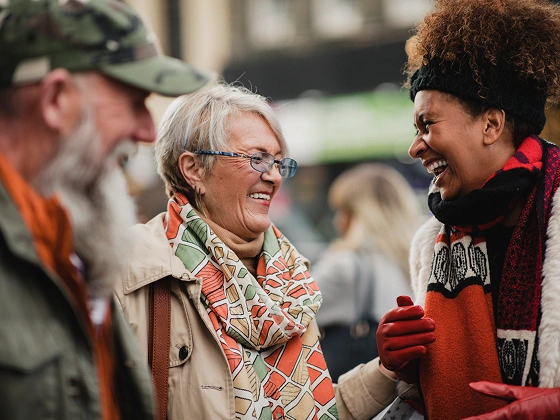
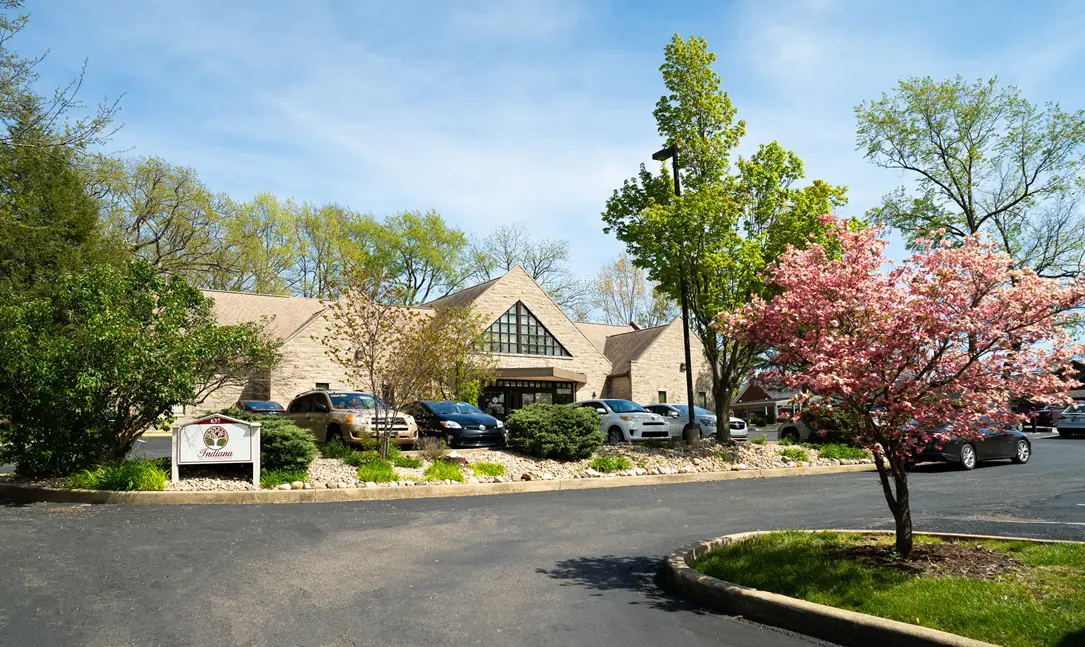
 100% Confidential
100% Confidential